A new study published in Annals of Botany has shown that plants react to anaesthetics in a similar way to animals and humans, suggesting plants are ideal objects for testing anaesthetics actions in future.When exposed to anaesthetics, a number of plants lost both their autonomous and touch-induced movements. Venus flytraps no longer generate electrical signals and their traps remain open when trigger hairs were touched, and growing pea tendrils stopped their autonomous movements and were immobilized in a curled shape. The results of this study suggest that the action of anaesthetic at cellular and organ levels are similar in plants and animals. This study suggests that plants are emerging as model objects to study general questions related to anaesthetics, as well as to serve as a suitable alternative test system for human anaesthesia.
https://futurism.com/scientists-discover-plants-respond-anesthetics-end-animal-testing/
https://www.acsh.org/news/2017/12/11/general-anesthesia-works-plants-too-12266
https://www.sciencedaily.com/releases/2017/12/171211090736.htm

